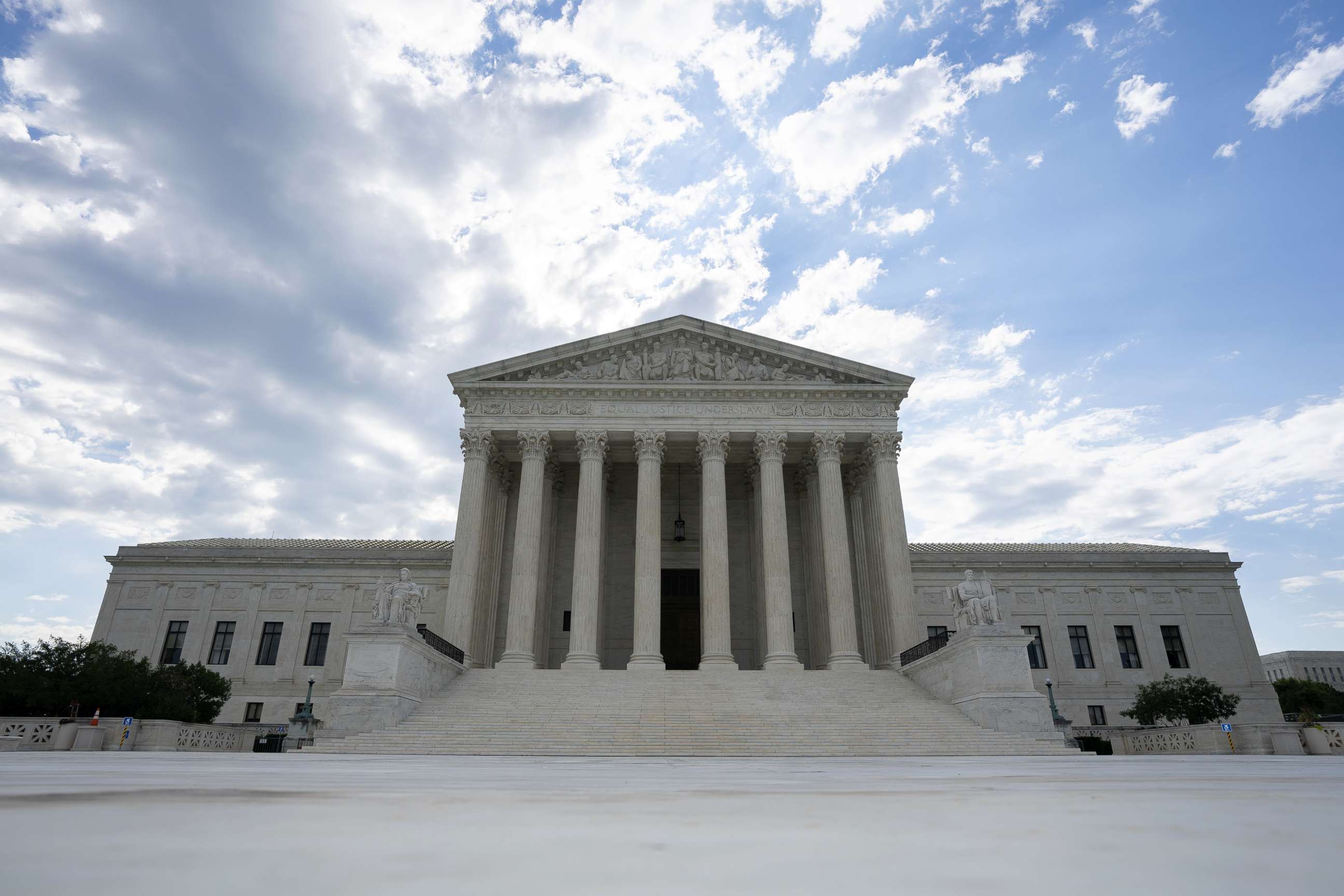Supreme Court holds much of Oklahoma is Native American land
The state cannot prosecute Native defendants for crimes on Native land.
The Supreme Court, in a 5-4 ruling on Thursday, held that nearly half of Oklahoma – home to 1.8 million residents – is Native American territory, saying any Native American resident on Native American land cannot be tried in state criminal court, and instead must be tried in federal court.
“Today we are asked whether the land these treaties promised remains an Indian reservation for purposes of federal criminal law,” Justice Neil Gorsuch wrote in the majority opinion.
“Because Congress has not said otherwise, we hold the government to its word,” he wrote.
Gorsuch was joined by the four liberal justices in a ruling that is one of the largest legal victories for tribes in decades.

The specific case involved Jimcy McGirt, a member of the Seminole Nation of Oklahoma. Previously, an Oklahoma state court convicted McGirt of three sexual offenses, including sexually assaulting his wife’s four-year-old granddaughter. But McGirt argued that the Oklahoma state court cannot prosecute him because he is Native American, and his crime occurred on an Indian reservation.
His argument relies upon the Major Crimes Act, which gives federal authorities – not state courts – jurisdiction over crimes involving a Native American on Native American land.
“State courts generally have no jurisdiction to try Indians for conduct committed in ‘Indian country,’” Gorsuch wrote, adding, “If Mr. McGirt and the Tribe are right, the State has no right to prosecute Indians for crimes committed in a portion of Northeastern Oklahoma that includes most of the city of Tulsa. Responsibility to try these matters would fall instead to the federal government and Tribe.”
The major dispute was whether McGirt’s crimes were committed on a reservation – the majority of the court ruled that they did. According to an 1866 treaty, the land on which McGirt committed his crime was given to Native Americans and was described as a reservation.
The state of Oklahoma state, along with the four conservative dissenting justices, argued that the land was not an Indian reservation.
"But, in seeking to defend the state-court judgment below, Oklahoma has put aside whatever procedural defenses it might have and asked us to confirm that the land once given to the Creeks is no longer a reservation today,” the majority said.
In his dissenting opinion, Chief Justice John Roberts argued that the reservation land was “disestablished.”
“None of this is warranted,” Roberts wrote. “What has gone unquestioned for a century remains true today: A huge portion of Oklahoma is not a Creek Indian reservation. Congress disestablished any reservation in a series of statutes leading up to Oklahoma statehood at the turn of the 19th century. The Court reaches the opposite conclusion only by disregarding the ‘well settled’ approach required by our precedents.”
Roberts also argued that this decision could destabilize much of Oklahoma, writing “the State’s ability to prosecute serious crimes will be hobbled and decades of past convictions could well be thrown out.”
Tribal leaders insist that the decision will be less destabilizing than critics have feared. They note that the ruling does not change land ownership in eastern Oklahoma. Creek Nation officials are working with state and federal officials to design a public safety and regulatory agreement between the separate governments to maintain the area.
Gorsuch wrote that under the Constitution, states have no authority to reduce reservations within their borders – that can only be done by Congress.
In his opinion, delivered less than a week after President Donald Trump visited Mount Rushmore – a site considered sacred by many Native Americans – Gorsuch referenced the centuries-long history of Native American people and land being dominated and taken advantage of by the United States government.
“The federal government promised the Creek a reservation in perpetuity,” Gorsuch wrote towards the close of the majority’s opinion. “Over time, Congress has diminished that reservation. It has sometimes restricted and other times expanded the Tribe’s authority. But Congress has never withdrawn the promised reservation.”
“As a result, many of the arguments before us today follow a sadly familiar pattern. Yes, promises were made, but the price of keeping them has become too great, so now we should just cast a blind eye. We reject that thinking. If Congress wishes to withdraw its promises, it must say so,” Gorsuch wrote.
“For MCA purposes, land reserved for the Creek Nation since the 19th century remains ‘Indian country.’”
ABC News' Devin Dwyer contributed to this report.




